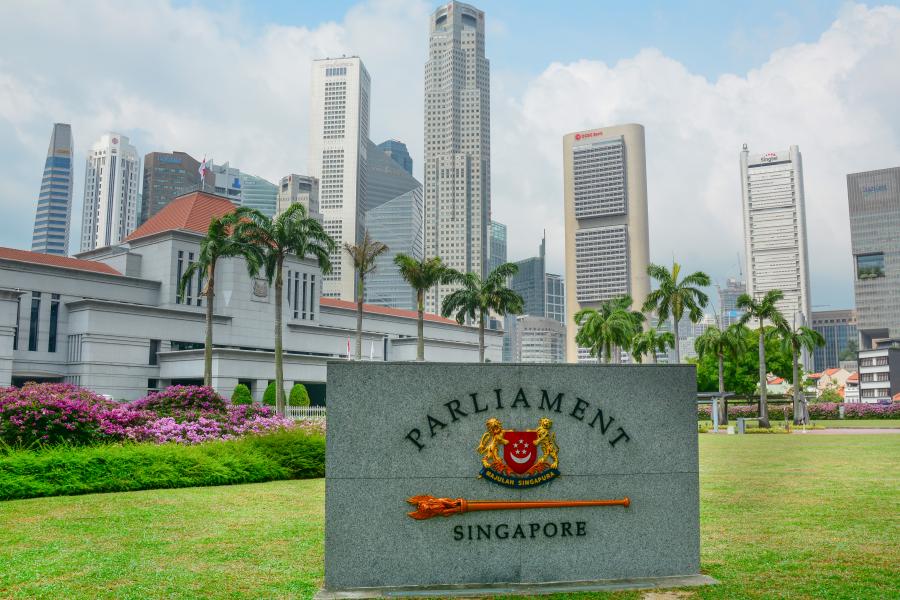Two years after it passed a contentious law to combat online misinformation, Singapore has enacted the Foreign Interference (Countermeasures) Act, or Fica, which the government says is intended to curb foreign interference in politics.
The law allows authorities to compel internet service providers and social-media platforms to reveal user information, block content and remove apps deemed to be hostile to the city state's interests.
According to terms of the new law, enforcement authorities can take aim at groups and individuals (named as politically significant persons) and demand the source of foreign funding and other details. The law also gives the government powers to act against Singapore residents who have been deemed to have carried out "hostile information campaigns" on behalf of foreign entities.
The law includes hefty fines and jail terms for offenders.
While critics have panned the law for curbing free speech and the flow of information, the Singapore government has insisted tough legislation is required to prevent "hostile information campaigns [that would] mislead Singaporeans on political issues [or] stir up dissent and disharmony by playing up controversial issues such as race and religion."
According to the law, the home affairs minister can order investigations in the public interest to "expose hostile information campaigns," based on suspicion of foreign interference. A report in the Straits Times, first stated that an offence would be committed if an accused group or person influences "a target to do something that is or is likely to be prejudicial to Singapore's interests, incite feelings of hatred or diminish public confidence in the authorities".
People accused under the law will be allowed to appeal. However, instead of an open court, a panel chaired by a judge will hear appeals, with Singapore contending this is essential because these cases involve sensitive intelligence information that could imperil national security.
The small city-state joins nations such as Australia and Russia, which have passed their own legislation seeking to curb foreign interference at home.







